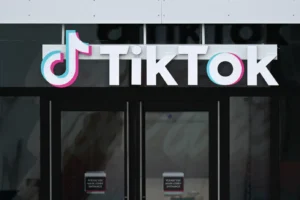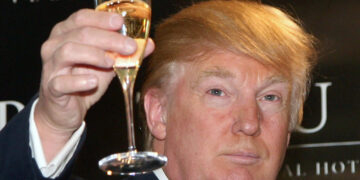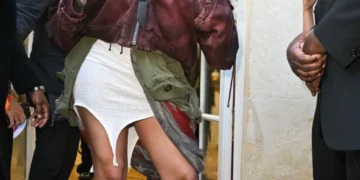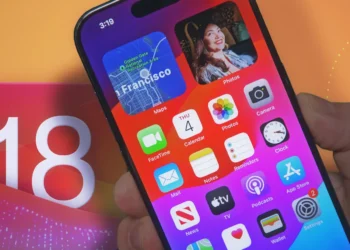
Amid considerations of a TikTok ban by U.S. legislators, the platform owned by ByteDance shared a report on its economic contributions on Thursday. The document highlights that TikTok was instrumental in generating $14.7 billion for small and medium-sized businesses (SMBs) in the past year, with an additional $24.2 billion in overall economic output, attributed to the use of TikTok by these businesses.
The report further notes that TikTok is a critical tool for over 7 million American businesses, and that activities of small businesses on the platform were responsible for supporting 224,000 jobs in 2023. Out of these, 98,000 jobs were directly tied to SMBs operating on TikTok. The most significant benefits were seen in states such as California, Texas, Florida, New York, and Illinois.
Oxford Economics, a group specializing in economic forecasting, conducted the study. It analyzed SMB engagements on TikTok, including advertising expenditures and return on investment, employing census data among other metrics to derive its findings.
The strategic timing of the report’s publication suggests it’s a direct response to legislative challenges.
In March, the House of Representatives passed legislation potentially leading to TikTok’s ban, with President Biden indicating he would endorse the law should it clear the Senate. The bipartisan nature of the support for the bill, which passed with a 362-65 vote, is notably contrary to TikTok’s interests, especially given former President Trump’s revised stance against the ban. Trump had previously labeled TikTok a security threat, advocating for its ban, yet now suggests that a ban would unfairly advantage Meta.
Anticipating a possible scenario without TikTok, Meta has updated Facebook to feature a new video player that promotes Reels, alongside long-form and Live content, showcasing them in a vertical layout similar to TikTok’s interface.
The potential ban on TikTok might also elevate the visibility of YouTube and other platforms specializing in short-form content, opening opportunities for new market entrants.
TikTok’s economic report is a clear attempt to make a case for why the app should be allowed to continue to operate, noting that $5.3 billion in tax revenue last year was supported by small business activity on TikTok, including as a marketing and advertising platform.
The company also presented a variety of case studies where business owners claim that TikTok helped to drive sales, website traffic, and other forms of additional revenue.
Tying the ban to the app’s economic impact is a solid PR strategy — especially since a group of TikTok creators got a judge to successfully block Trump’s TikTok ban in 2020 by saying it would affect their professional opportunities, like brand sponsorships, and ability to make an income.
Though TikTok has been urging users via in-app messages to call Congress to protest a ban, the bill still faces a more difficult path to pass in the Senate — and more so now that the Republican party’s leader has reversed his position on the ban.















































